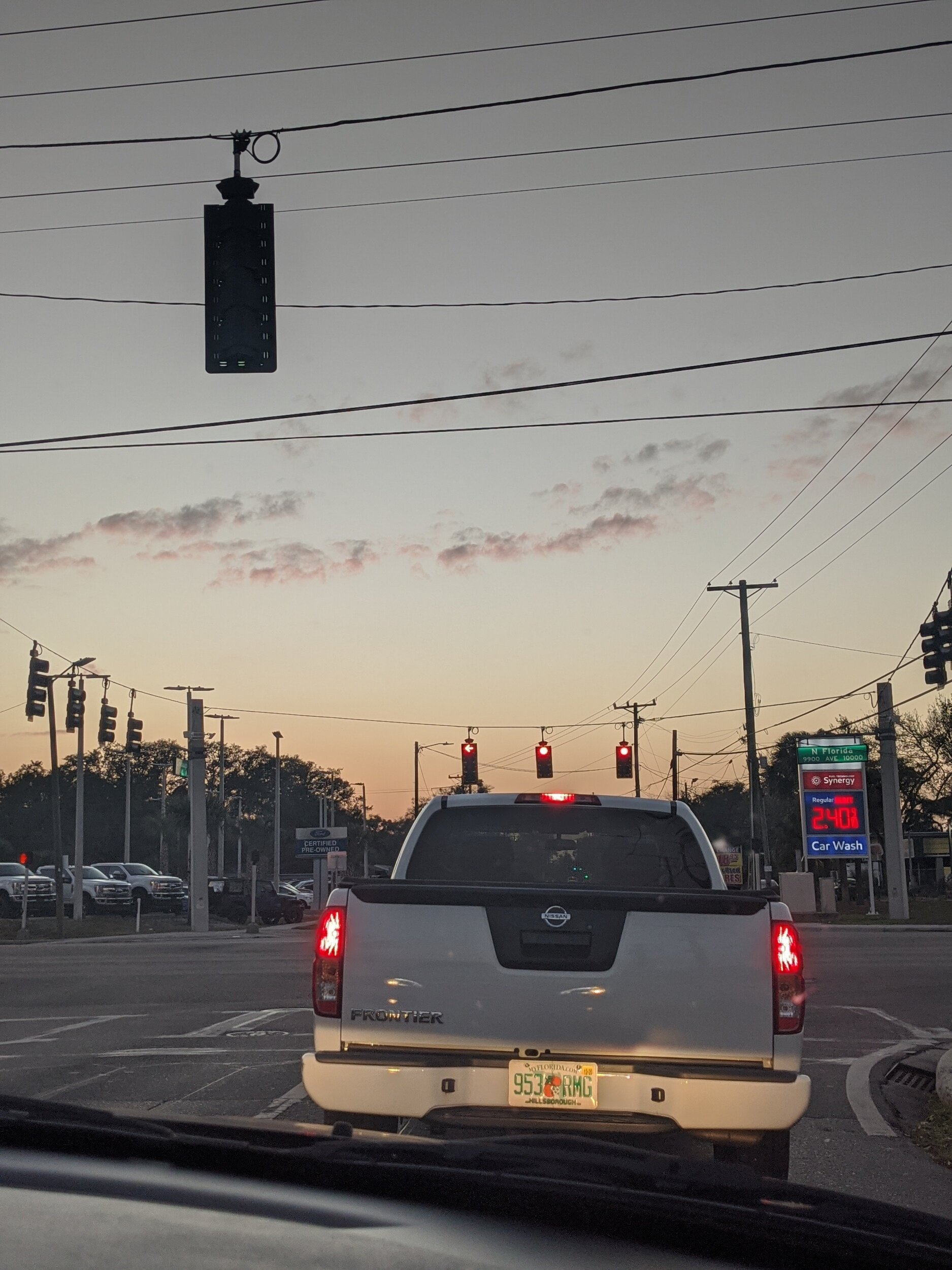Top 5 Things I Learned From My MFA
… Weeeeeeeeeeeeeeeell, hi!
Yes, for all the morbidly-minded, I AM still alive. And I’m still answering your questions! My form is still open, so you can always send me any questions or ideas for blogs! I’ve just lately been so busy with my other writing that I have been scarce on this side of the internet.
Let’s get on to a prompt sent in by Kelly. Kelly writes:
Hi Robyn! I was wondering what were the top five valuable lessons you learned from your MFA program days? Lessons that helped shape you into the writer you are now. Thank you in advance!
Thank you for writing in and I hope these five top tips are in the ballpark of what you’re looking for!
You don’t have to take editing advice from everyone. As a matter of fact, that’s deadly. I would never take editing advice from someone whose writing I didn’t respect. You know, it’s weird; when you’re first tossed into critique groups, your mindset is usually (with the aid of the teacher) to accept everyone’s input. You should do that OUTWARDLY. No one’s saying be a dick. But when you’re at home, looking at everyone’s line edits and notes, toss away the notes of the people you know aren’t who or what you aspire to be like. Really.
You don’t have to read ten doorstoppers a month to be a good writer. People will posture and list off all the Pulitzer nominees they’ve read but is that doing them any good? Maybe, maybe not. Writing is about the world, it’s not just about other writing. If you’re ingesting media in general and going out and listening to humans talk and noticing the leaves changing, you’re doing the work.
That being said, write a lot. Write all the time. Write when it’s sucky and write when it’s hard. Write when you don’t feel like it, even a paragraph a day, even if it’s just to describe your favorite TV show to a friend who really doesn’t wanna hear it. Write anyway.
Publishing your short stories in physical journals and magazines is nice and it impresses people in your program but when you get OUT in the real world, nobody reads those things except your family, so find other ways to get your writing into the world.
You need to learn the rules before you can gracefully break them. It’s an old adage but true. Studying older literature is good to learn how to twist it and how to build on it. Nothing exists in a void and everything you do will be considered referential anyway, so you might as well know what you’re doing.
Well, I hoped this helped! These five things are not only things I learned while IN the school but things I’ve realized since leaving. They’re what I realized when I looked around myself to see how far I’ve come.
Hindsight is 20/20.
If you’d like to ask a question, just hit the Contact button here on my site and send one in!



